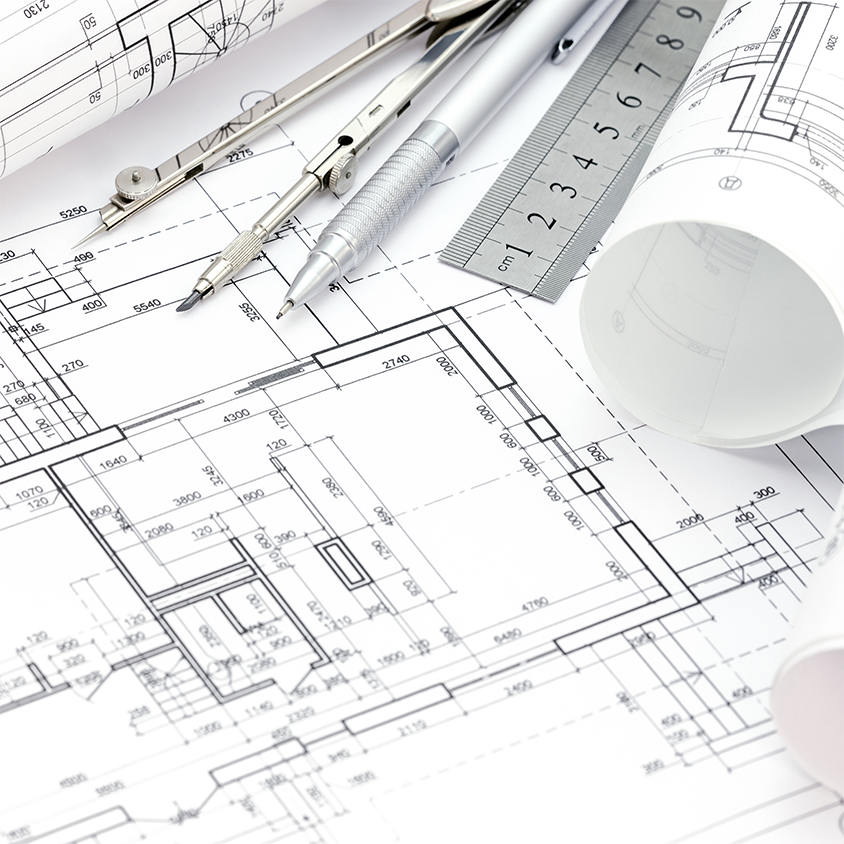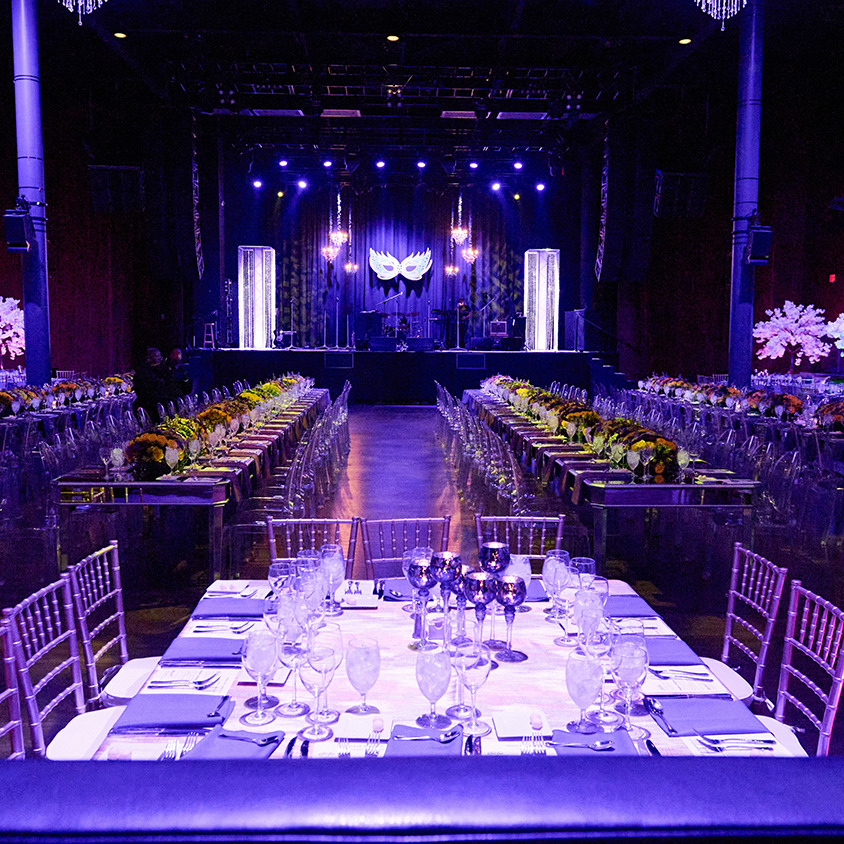The Event Architect: Designing Experiences, Not Just Events
23 December 2024
When you think of an architect, what comes to mind? Perhaps someone meticulously drafting blueprints, overseeing construction, and ensuring every beam and pillar is perfectly placed. But what if I told you that this concept of an architect extends beyond buildings and into the world of events? Enter the Event Architect—who, in fact, is the Destination Management Company (DMC)—the designer, builder, and executor of unforgettable experiences.
The DMC as the Architect of Events
Let’s draw a parallel between the traditional architect who designs physical spaces and the DMC who designs experiences. Just as a traditional architect creates the blueprint for a building, a DMC designs the event experience, drafting the plans that will shape the entire event from concept to completion.
A traditional architect doesn’t just hand over a sketch and walk away. They are involved in every phase of the project, from the initial concept through to the final touches. They ensure that every element of the design is executed precisely, that the structure is sound, and that the end result is a true reflection of their vision. Similarly, a DMC as an event architect doesn’t just create a plan for an event—they guide the entire process, from ideation to execution, ensuring that every detail aligns with the overarching vision.
Just as an architect is compensated for their plans, expertise, and management of the construction process, so too should a DMC be compensated for their creative vision, detailed planning, and orchestration of an event. It’s not just about putting together an event —it’s about successfully constructing an experience that stands the test of time in the memories of those who attend.
The Blueprint of an Event: From Concept to Reality

The work of a DMC begins much like that of a traditional architect: with a concept. Whether it’s the design of a skyscraper or the design of a corporate gala, it all starts with an idea—a vision of what could be.
For an event architect, this means diving deep into the purpose of the event, the brand, company or individual behind it, and the emotions and experiences they wish to create for their guests. They ask essential questions: What is the message of the event? How can it be communicated most effectively? What will make this event stand out?
Once the concept is clear, the DMC, acting as the event architect, moves into the design phase. This is where the blueprint of the event is crafted. They consider everything from the layout of the venue to the flow of guests, the mood set by lighting, and even the impact of scents and sounds. Every detail is meticulously planned to ensure that the event not only looks good on paper but also delivers an immersive, cohesive, and memorable experience.
After the design come the logistics. Like an architect coordinating with contractors and engineers, the DMC sources vendors, manages budgets, and ensures that all moving parts come together smoothly and effectively. It’s not enough to have a great design; it must be executed flawlessly. The DMC is the entity on the ground, ensuring the vision is brought to life exactly as planned.
Finally, just as an architect inspects the finished building to ensure it meets all standards and is ready for tenants, the DMC oversees the event itself. They ensure that everything is in place, that the event flows as intended, and that any last-minute changes or challenges are handled with finesse. Their work doesn’t end until the last guest has left, and the venue is cleared.
How Should an Event Architect / DMC be Compensated?
Given the complexity and creativity involved in the work of a DMC, their compensation should reflect the level of expertise and effort they bring to the table. Here’s where the comparison to a traditional architect becomes even more relevant.
In the construction world, an architect is paid not just for their time, but for their intellectual property—the designs, the plans, the blueprints that make the building possible. Similarly, a DMC’s compensation should cover their creative vision, the detailed planning, and the management of the event’s execution. Here are some common payment structures:*
Flat Fee: A one-time fee based on the scope and scale of the event, much like an architect charging for the design of a building.
Percentage of Budget: A fee based on a percentage of the total event budget, aligning their compensation with the size and complexity of the event, similar to how an architect might charge based on the total cost of the project.
Hourly Rate: For smaller or simpler events, an hourly rate might be appropriate, allowing for flexibility in compensation based on the time invested, much like consulting fees in the architecture world.
Retainer: For ongoing event needs, a retainer model ensures the DMC is available for multiple events and/or over the course of a designated time period, providing continuity and a deep understanding of the brand, much like an architect might be retained for multiple projects within a larger development.
Just as in architecture, where the cost reflects the intricacy of the design and the expertise required to bring it to life, a DMC’s fees should reflect the creativity, planning, and execution required to deliver a successful event.
Why You Need a DMC
 In a world filled with cookie-cutter events, hiring a DMC as your event architect is the key to transforming an ordinary gathering into an extraordinary experience. Just as an architect doesn’t merely build structures but creates landmarks that define skylines, a DMC doesn’t just plan events—they create experiences that leave a lasting impact.
In a world filled with cookie-cutter events, hiring a DMC as your event architect is the key to transforming an ordinary gathering into an extraordinary experience. Just as an architect doesn’t merely build structures but creates landmarks that define skylines, a DMC doesn’t just plan events—they create experiences that leave a lasting impact.
Whether you’re planning a high-stakes corporate event, a milestone celebration, or a brand-defining product launch, investing in a DMC is about more than just ensuring the logistics are handled. It’s about investing in success, building something memorable, something that resonates with your audience long after the event is over.
So, when you’re planning your next event, don’t just think of it as a task to be completed. Think of it as a structure to be designed, built, and admired—just like a great work of architecture. And remember, to create something truly remarkable, you need more than just an event planner; you need an Event Architect – a DMC.
 Author: Denise Malo, DMCP – President, Association of Destination Management Executives International (www.admei.org), Vice-President of Client Services, BBC Events, a Global DMC Partner (www.bbcdmc.com)
Author: Denise Malo, DMCP – President, Association of Destination Management Executives International (www.admei.org), Vice-President of Client Services, BBC Events, a Global DMC Partner (www.bbcdmc.com)
* For more detailed information on DMC pricing models, see ADMEI’s book Best Practices in Destination Management—a definitive guide that redefines excellence in the art of crafting unforgettable destination experiences. Covering 15 comprehensive chapters, the second edition includes a valuable appendix of real-world examples and an expansive glossary of essential industry terms, positioning it as both a cornerstone for DMCP certification and a must-have resource for all destination management professionals.